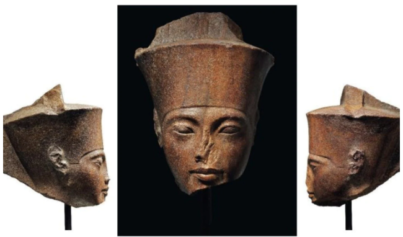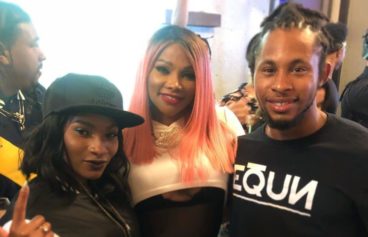CAIRO – Thousands of members of the Muslim Brotherhood, many wearing hard hats and armed with makeshift clubs, are camped near the presidential palace in anticipation of a battle to defend their ally, President Mohamed Morsi. In three days of protests against him around the Nile Delta, gunmen have killed at least five Brotherhood members and set fire to several of its offices.
The use of firearms is becoming more common on all sides. Secular activists who once chanted, “peaceful, peaceful,” now joke darkly about the inevitability of violence: “Peaceful is dead.”
With a new wave of protests scheduled for Sunday, Egypt’s most respected Muslim cleric warned in a statement this weekend of potential “civil war.”
A year after Egypt’s first credible presidential election, the ballot box has failed to deliver on promises of unquestioned legitimacy or the nonviolent resolution of political disputes. In more than two years of post-revolutionary chaos and crises, the streets have never felt so tense.
Mismanagement or sabotage by the institutions of the old government has stunted the transition to democracy. Egypt’s new Islamist leaders all but gave up on building support beyond their faction. And now long-suppressed conflicts over questions of national identity or entrenched interests are threatening to tear apart the national cohesion that was a hallmark of the 18-day uprising in 2011 against President Hosni Mubarak. The strife is beginning to challenge the historic sense of nationhood that long distinguished Egypt from volatile neighbors whose borders were carved out by colonial powers.
“It is gone — that unity is gone completely,” said Islam Lotfy, a former youth leader of the Brotherhood who helped lead the revolt against Mubarak. He no longer knows what side to stand on in the protests on Sunday, he said, because as a governing party the Brotherhood has turned out to be “a bunch of losers,” while the opposition in the streets now includes too many elements of the former autocracy, “the people who killed my friends and who tried to kill me.”
Read the rest of this story: NY Times


